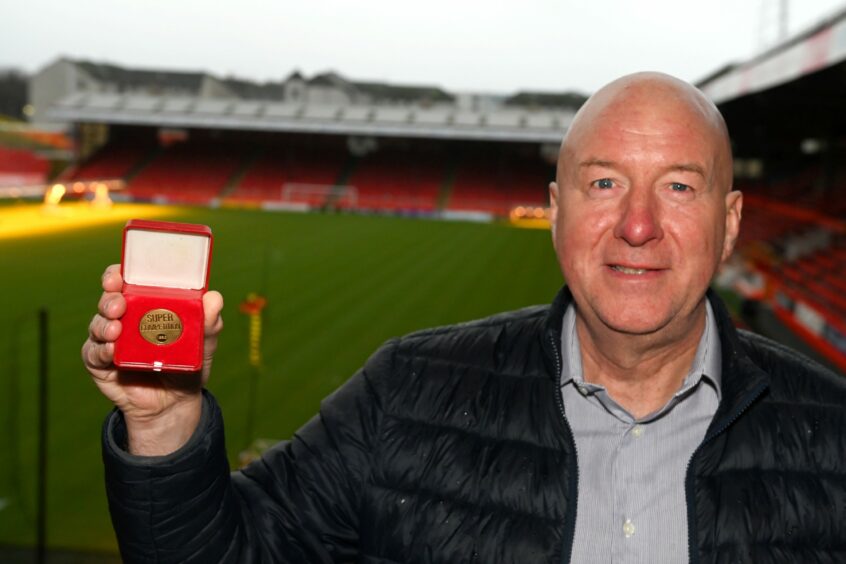
It’s not every day in December that a Scottish football club makes history. But there again, there haven’t been too many teams of the class and calibre of Alex Ferguson’s all-conquering Aberdeen warriors in 1983.
Even now, Neil Simpson, one of the Gothenburg Greats, who was involved in the Pittodrie club’s victories against such powerhouses as Bayern Munich and Real Madrid, still looks emotional when the memories flood back of that golden period when the Dons were crowned kings of Europe after beating Hamburg in the Super Cup.
It sounds incredible now, but there was nothing accidental about the fashion in which the club scaled the heights, whether disposing of domestic rivals with ruthless efficiency or travelling to the Continent with the attitude: “Let them worry about us”, driven on by the sheer relentless commitment of Ferguson and his confrere Archie Knox.
In May 1983, the Dons cemented their place in the chronicles forever with a magnificent 2-1 triumph, sealed by a late John Hewitt goal, over the Madrid maestros on a sodden night in Gothenburg and it seemed as if almost the whole of Aberdeen flocked to Union Street and the surrounding areas when the team returned from Sweden with the European Cup Winners’ Cup in their possession for the first time.
Yet, as Simpson recalled: “Alex wasn’t content for us to rest on our laurels. It was all about moving forward to the next match*, the next challenge and it didn’t matter how busy the calendar was – he drove home the message, time after time, that we couldn’t allow our standards to drop and we had to keep setting our sights higher.
“You wouldn’t have thought we would be playing in a big European final just five days before Christmas, but then you wouldn’t have thought the World Cup final would be scheduled for December 18 this year.
There was a chance for revenge
“But we were ready and we felt we had unfinished business with Hamburg, because when we met them in the UEFA Cup at Pittodrie a couple of years earlier, we absolutely battered them, but missed chance after chance, including a [Gordon Strachan] penalty and finished up only winning 3-2.
“They had beaten us 3-1 in Germany and I gave away a penalty when I didn’t even touch the guy, so we went out on aggregate 5-4, but we were frustrated because we all knew we had created more than enough opportunities to progress to the next round.
“None of us had forgotten that, it was still there in the back of our minds, and we all sensed there was a chance for revenge when Hamburg came back to Pittodrie.”
It turned into another of the mesmerising nights when the stadium was almost blown off its foundations as the Red Army arrived in their thousands to cheer on their heroes.
And, although there was drama on and off the pitch as the players, supporters and managerial staff tapped into the festive spirit, there was no denying the Scots on this occasion. Indeed, the headline in the next morning’s Press and Journal – “Oh Baby, We Did It” – testified to the dramatic events which happened in that theatre of dreams.
Aberdeen were the best in all Europe
By the end of their annus mirabilis, the Dons had been voted Best Team in Europe in the annual award made by sports manufacturer Adidas and magazine France Football.
It was no more than their due, given how they proved their qualities in the established fixture between the holders of the European Cup and the Cup Winners’ Cup.
As Simpson acknowledged when we met earlier this month, Hamburg were a formidable force, who had shown their qualities in prevailing over Juventus 1-0 with a goal from internationalist Felix Magath, so Ferguson appreciated it would be a serious test of his men’s credentials when they travelled to Germany for the first leg.
However, this Aberdeen collective was a feisty, fearless group who had risen through the ranks together and forged an impressive camaraderie and never-say-die philosophy. This allowed them to shrug off some dismissive remarks from Hamburg manager Ernst Happel, insisting they would do their talking where it counted.
They were also bolstered by the return of influential player Dougie Bell, who had excelled in Aberdeen’s quarter-final triumph over Bayern Munich, but had been ruled out of the proceedings in Gothenburg because of injury. He was fired up after his recovery from that sickening blow and pledged to do his utmost to help the Dons become the first-ever Scottish club to win two European trophies.
He said: “The final was played over two legs and the first one was in Germany. We feared nobody and I saw these games, in part, as consolation for me missing the Cup Winners’ Cup final and a medal.
“I was at the top of my game again and I couldn’t wait for it. I remember an unspectacular first leg which ended 0-0. The weather was horrendous with torrential rain and we were forced to defend well with Willie Miller and Jim Leighton prominent, as they so often were throughout these years. But we got the job done.
“Every ticket was sold for the second leg at Pittodrie and the situation was made for us with a full house, a huge occasion and glamorous opposition.”
Another prize delivery was made
The denouement arrived on Tuesday December 20: an opportunity for the supporters to show their admiration for their heroes at the climax of an unprecedented year while revelling in another of those classic occasions for the north-east organisation.
But there was another twist in the tale, which only emerged afterwards, with the aforementioned P&J headline offering a clue as to the double joy which was celebrated by their talismanic performer, Peter Weir. The story revealed how, even as he was orchestrating some of the pivotal attacks in the contest, the winger was blissfully unaware that he had just become the father of a bouncing baby boy.
The paper said: “Little Stuart Weir was born 44 minutes before the kick-off at Pittodrie last night. But Peter wasn’t given the news until he was back in the dressing room, clutching his superstar medal and understandably full of emotion.
“The birth meant that Peter missed the after-match celebrations at skipper Willie Miller’s bar. He went straight to Aberdeen Maternity Hospital to see the baby and mum Mary, who were both reported to be ‘doing well’.
“It was left to Willie to comment: ‘We were all delighted for him and his family. I think, when you have news like this, it’s always very nice. But when you have it on an occasion like this, it makes it a wee bit more special.”
It wasn’t the only perfect delivery for Weir on a transcendent evening. Despite the wet weather, he was in his element and one of his typically penetrating runs towards the King Street end produced the cross that was cut back by John Hewitt for Simpson to break the deadlock early in the second half, after a tense, nervous opening 45 minutes.
That was soon followed by a corner kick from Weir, with Miller squaring the ball to Mark McGhee who doubled the hosts’ advantage. Hamburg were left bewitched and bewildered by the Scots, who could have won far more comprehensively if they had converted any of the numerous other chances they created.
This was history in the making and, as the P&J stated: “The Dons are the Super Champions of Europe and nobody can say they didn’t deserve it.”
It was also a tale of redemption and rejoicing for Bell, who had rebounded from heartbreak and was one of the happiest men as the Hamburgers were cooked.
We all made history together
He said: “I remembered the disappointment of being on the bench for the return leg against Bayern in the previous season’s Cup Winners’ Cup, but I was convinced that I would start in the Super Cup second leg – and I did.
“It was a great consolation and there was a terrific atmosphere at Pittodrie that night, which is something none of us will ever forget. We won reasonably comfortably and we were in control of the match, even though we missed loads of chances. And we did something that no other Scottish club had ever achieved.”
The current Aberdeen chairman, Dave Cormack, was among the Aberdeen aficionados who watched and marvelled as their heroes continued to break new records.
He told me: “Having been in Gothenburg to see the Cup Winners’ Cup win against Real Madrid, followed by the Scottish Cup win at Hampden 10 days later, it was fitting that, not long after the European Super Cup victory over Hamburg, Aberdeen were ranked the top club team in Europe.
“The second leg of the Super Cup against Hamburg was at home and I remember it was a typical dreich night at Pittodrie. I was in the Beach End which was packed and noisy.
“These were the days when we constantly sang: ‘Here we go, here we go, here we go…’. It was a memorable night where we deservedly claimed victory over the European Cup champions to take the honour of best team in Europe.
This was the romance of football
“On reflection, as supporters, we came to expect that we’d win the Scottish Cup, or the League title, or both, every season. And that we’d go deep in European competition every year. In many ways, football today is so much less competitive than it was due to the Bosman freedom of contract ruling in 1995, followed by the billions in broadcasting income that disproportionately benefits clubs in the top leagues in Europe.”
Simpson, for his part, walked out with his coveted medal at an empty Pittodrie last week and posed patiently for photographs with a big grin on his face.
He said: “I had actually been struggling for form a bit in the build-up to the match, but once I scored, it felt like a big weight had been lifted. We deserved our win, I don’t think anybody could argue with that. And the noise from the fans told you what it meant. It’s hard to credit it is nearly 40 years ago. I feel young again when I think about it.”
That’s the beauty of these achievements and the impact they had on the likes of Simpson, Bell and Cormack. Whatever happens to Aberdeen in the future, nobody can question their right to crow they were once the best of the best who enjoyed success on a scale which has never been repeated – and, let’s face it, probably never will be.
*Aberdeen journeyed to Paisley for their next match on Christmas Eve and there were no Super Cup hangovers – they comfortably beat St Mirren 3-0.
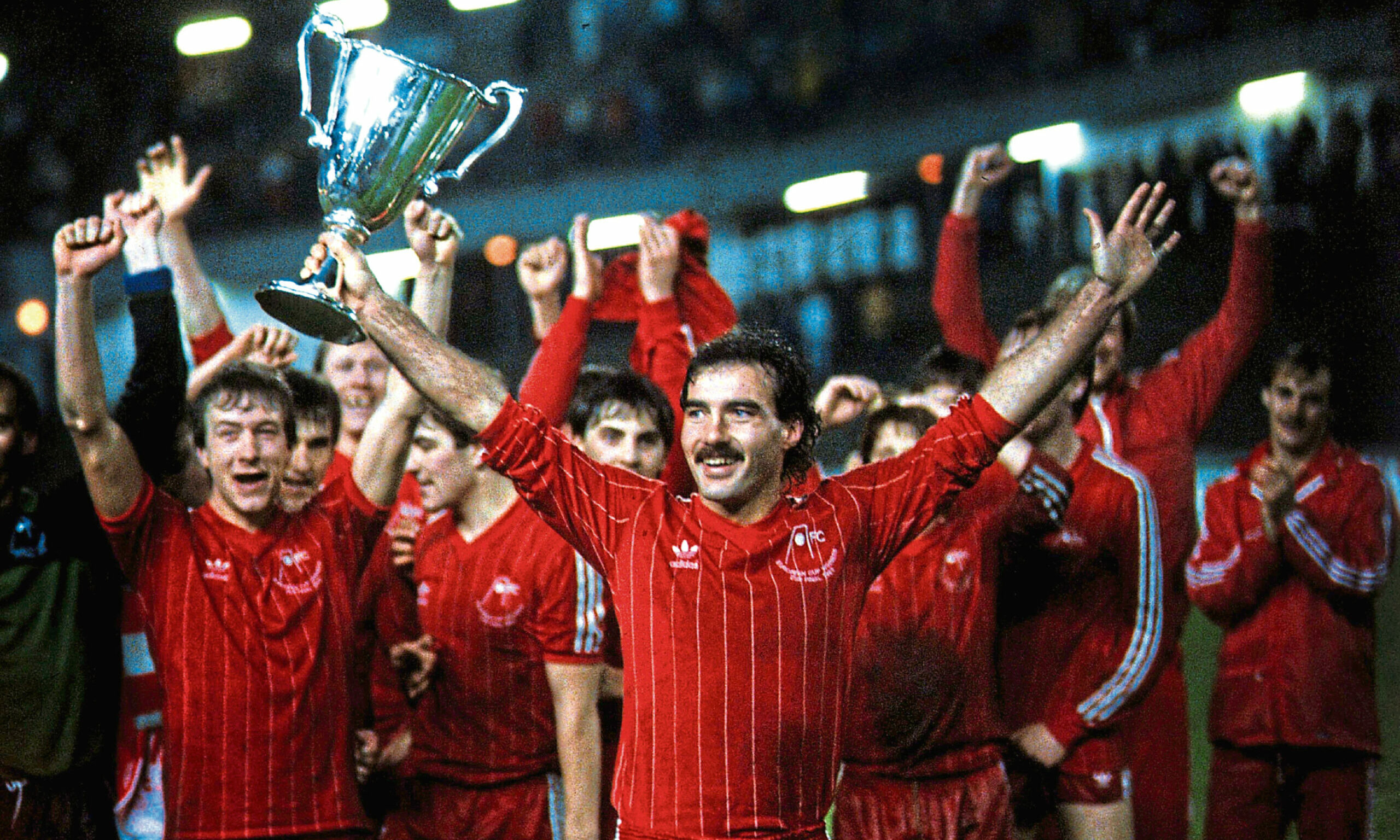
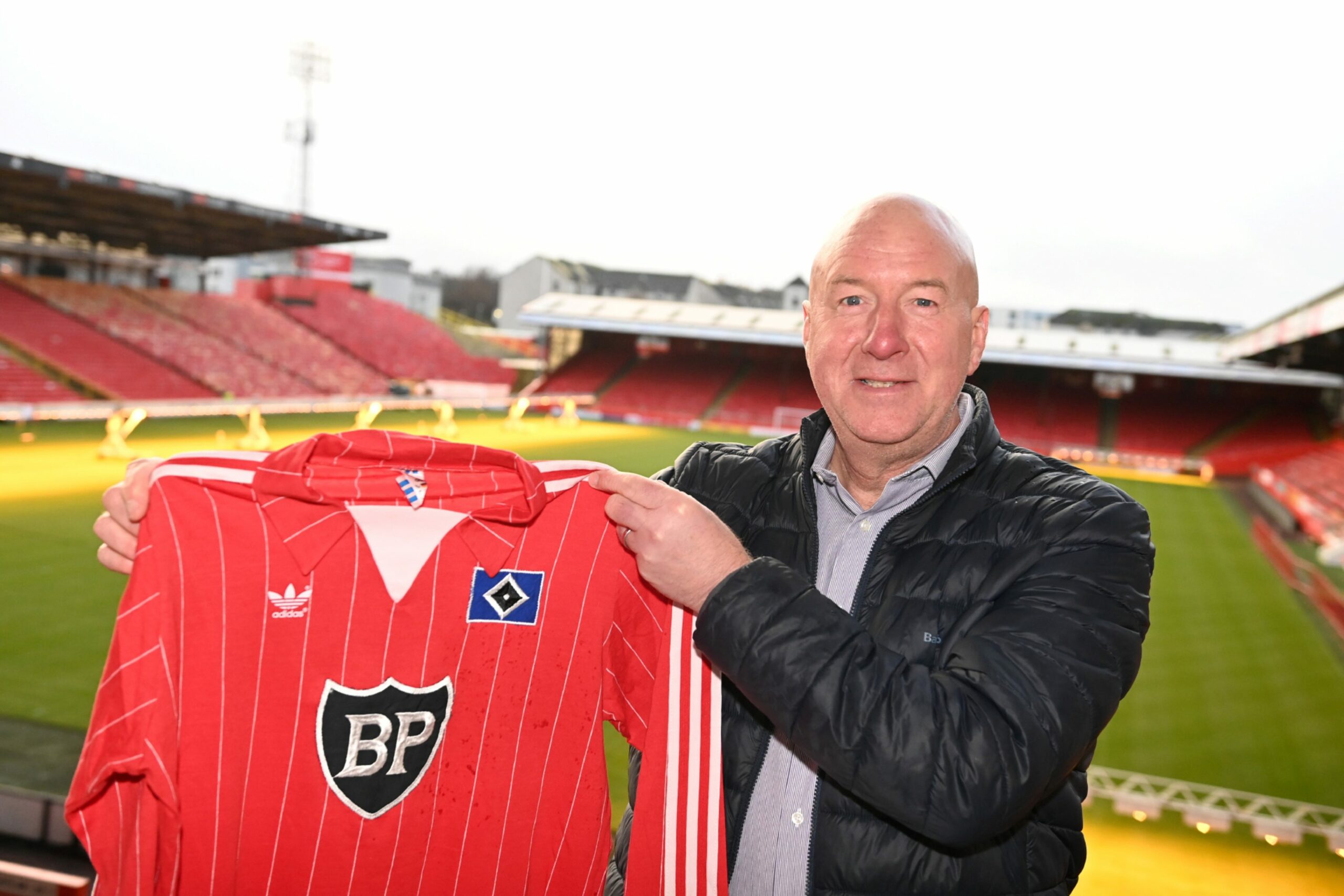
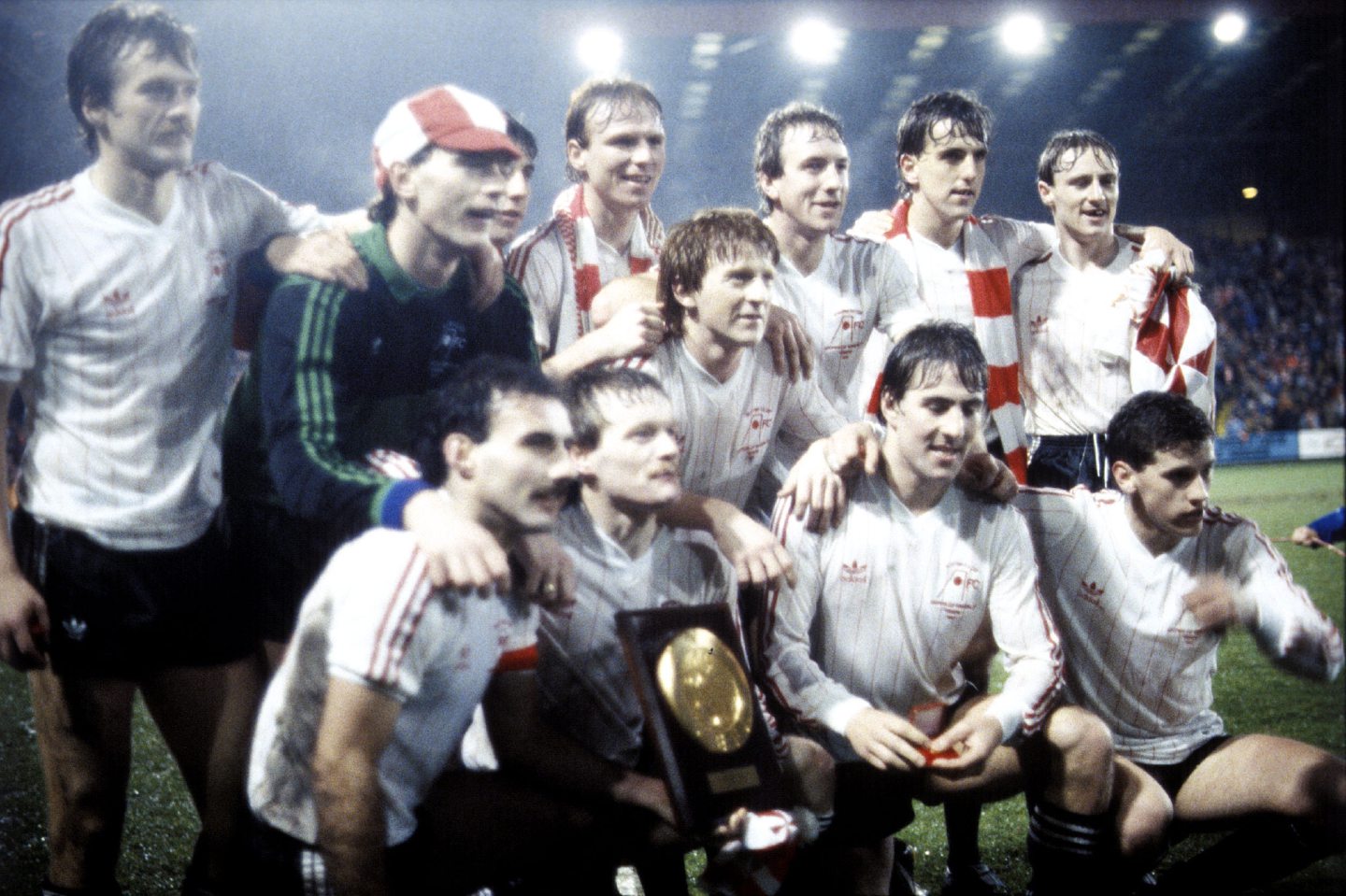
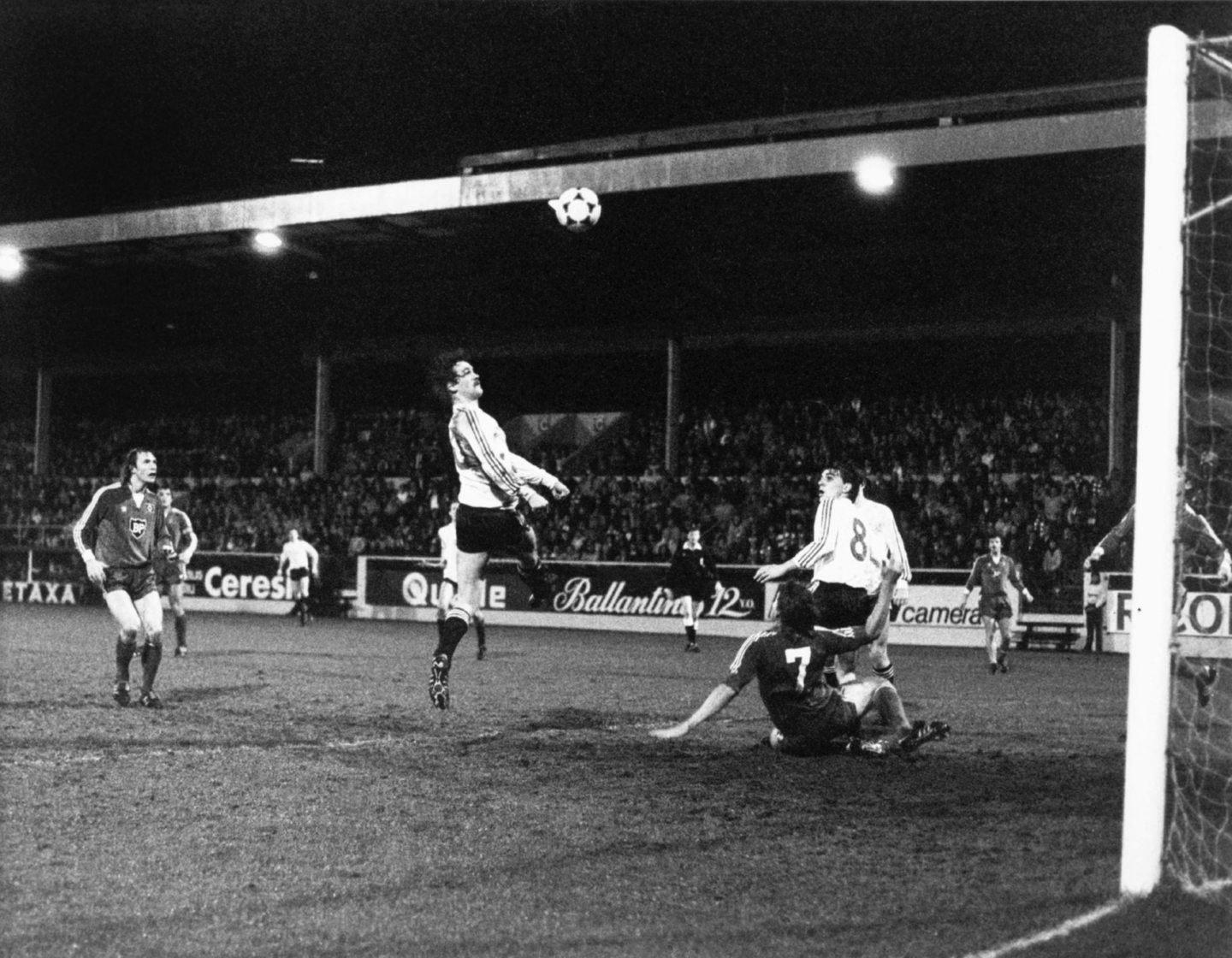
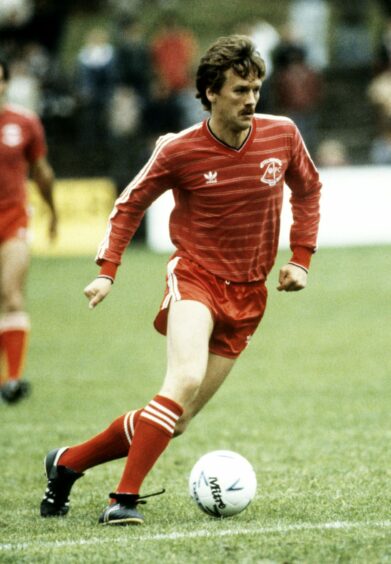
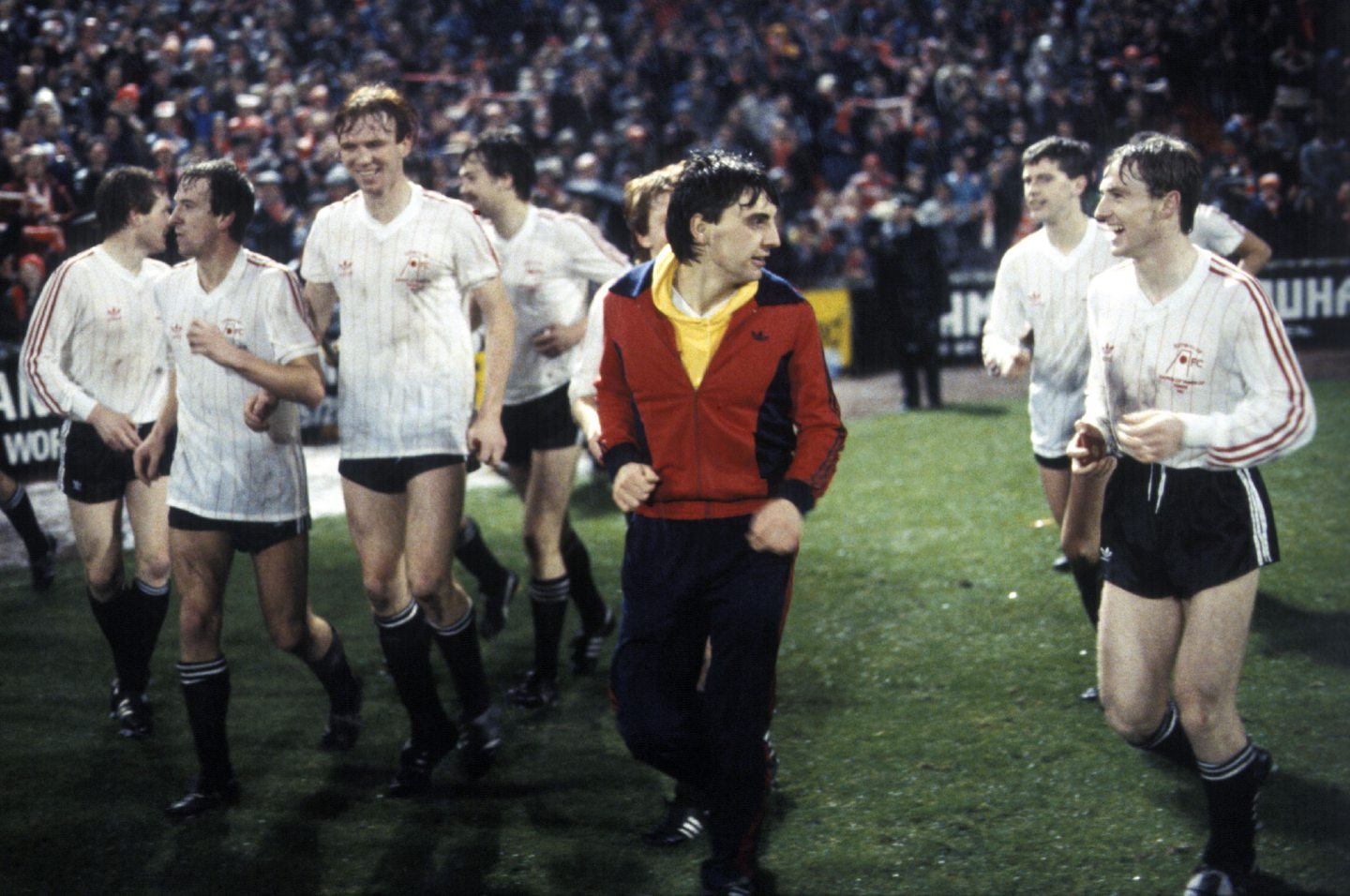
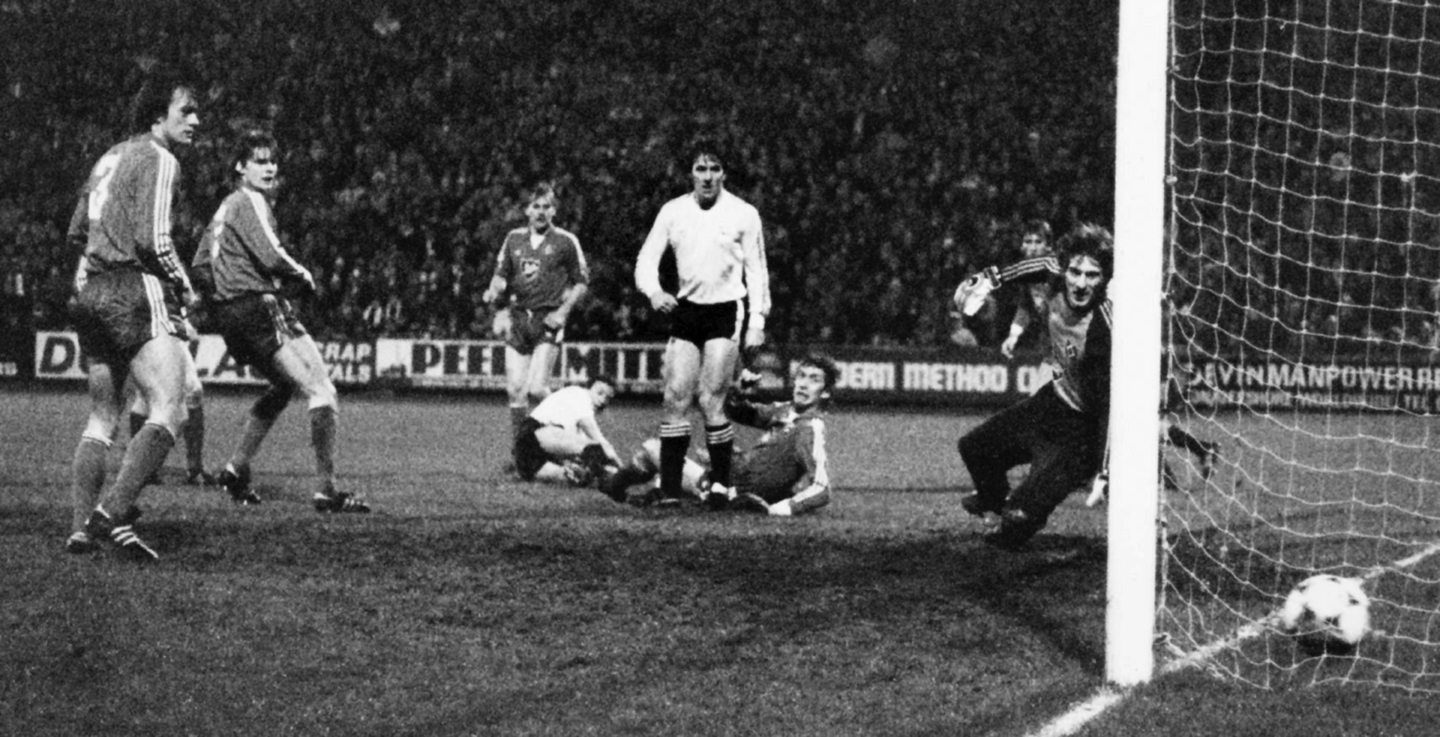
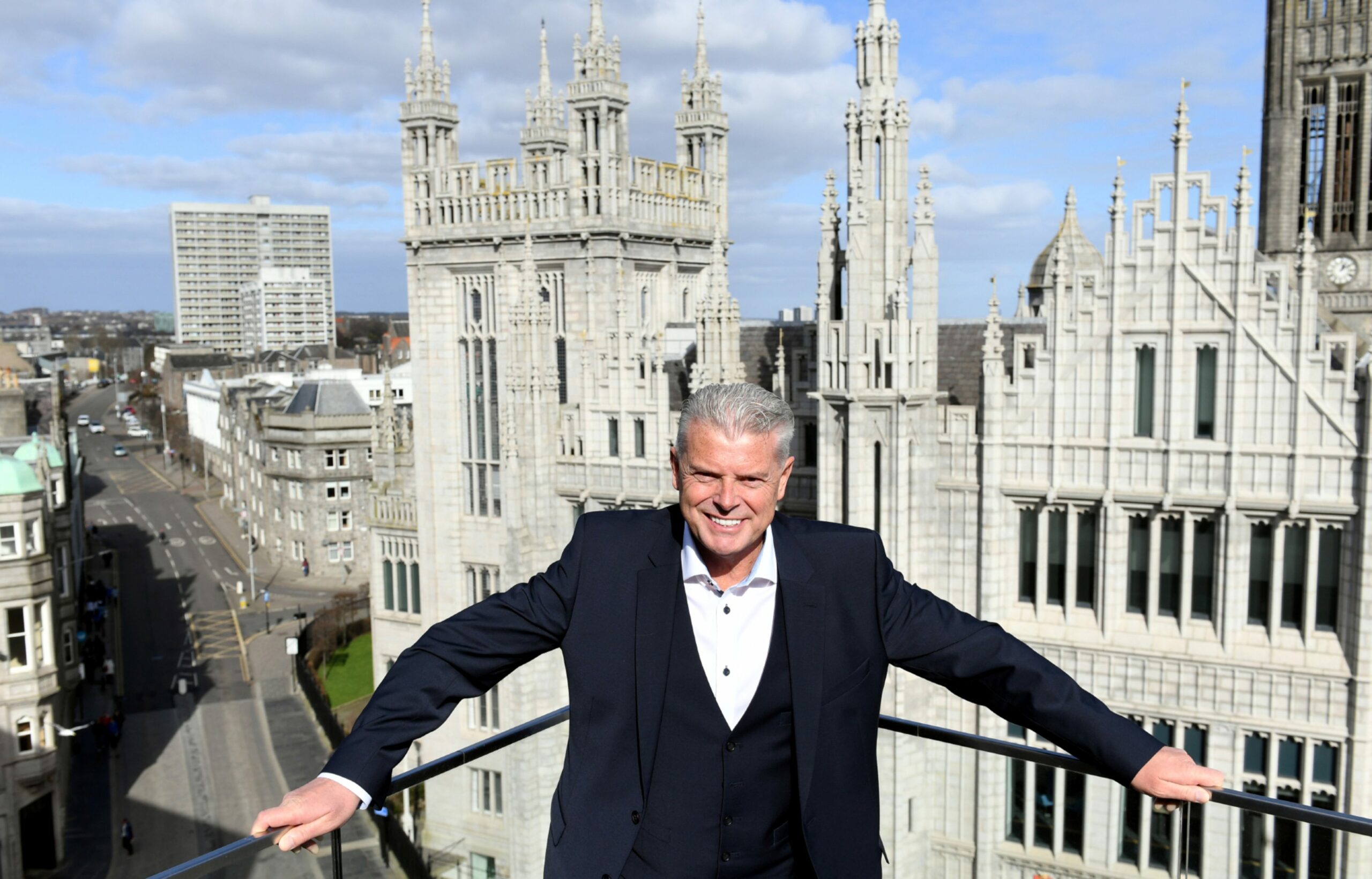
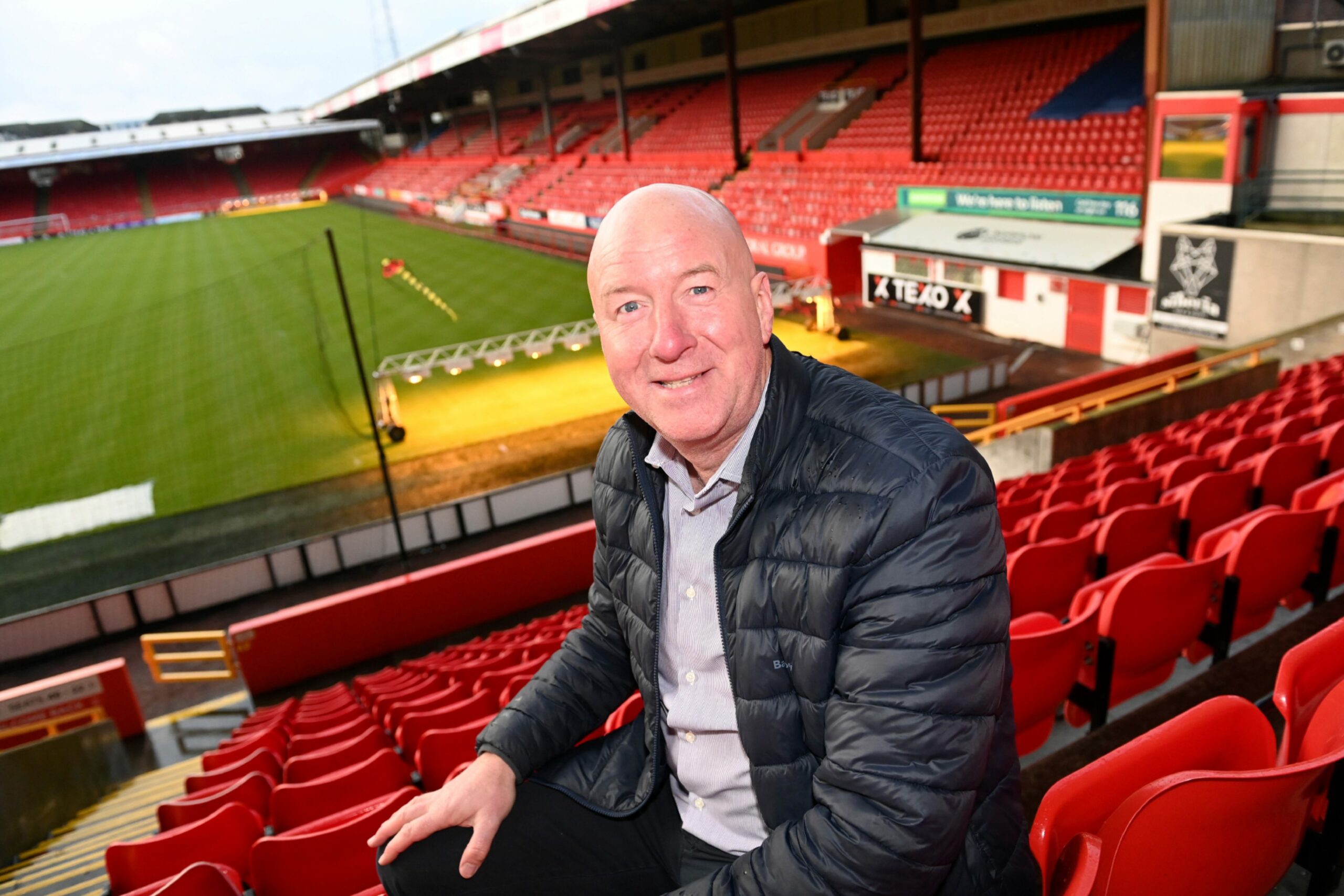
Conversation